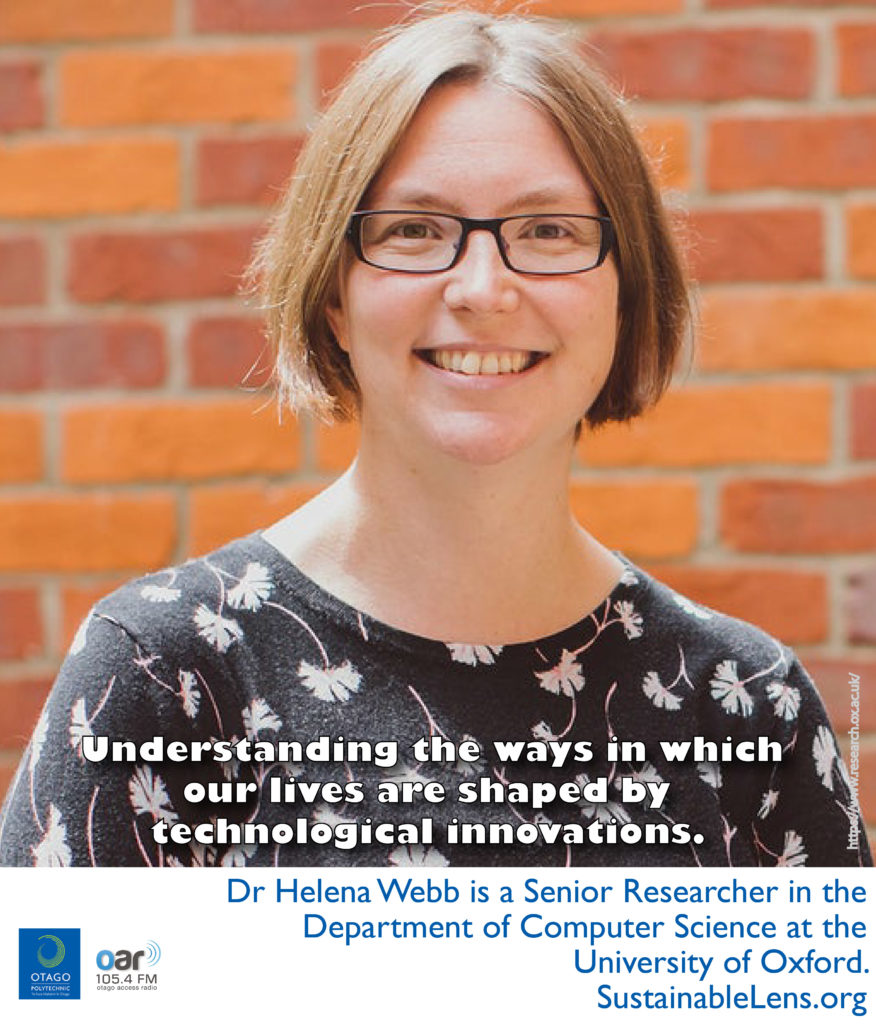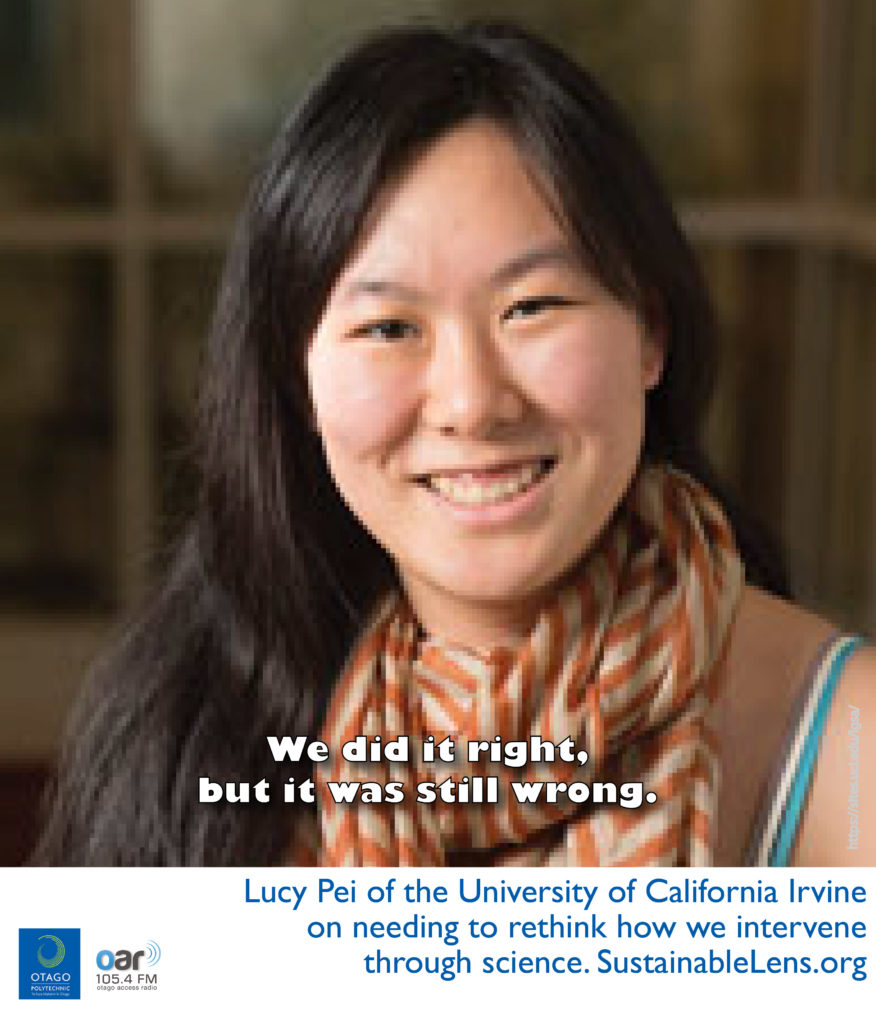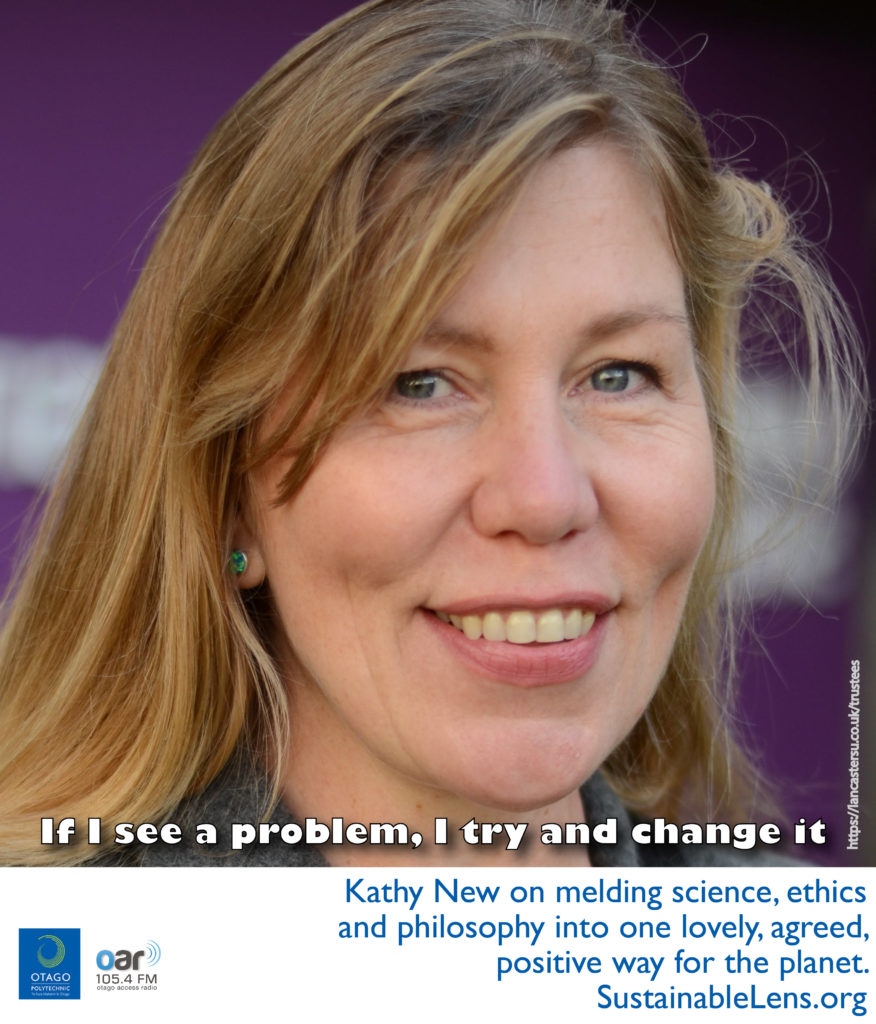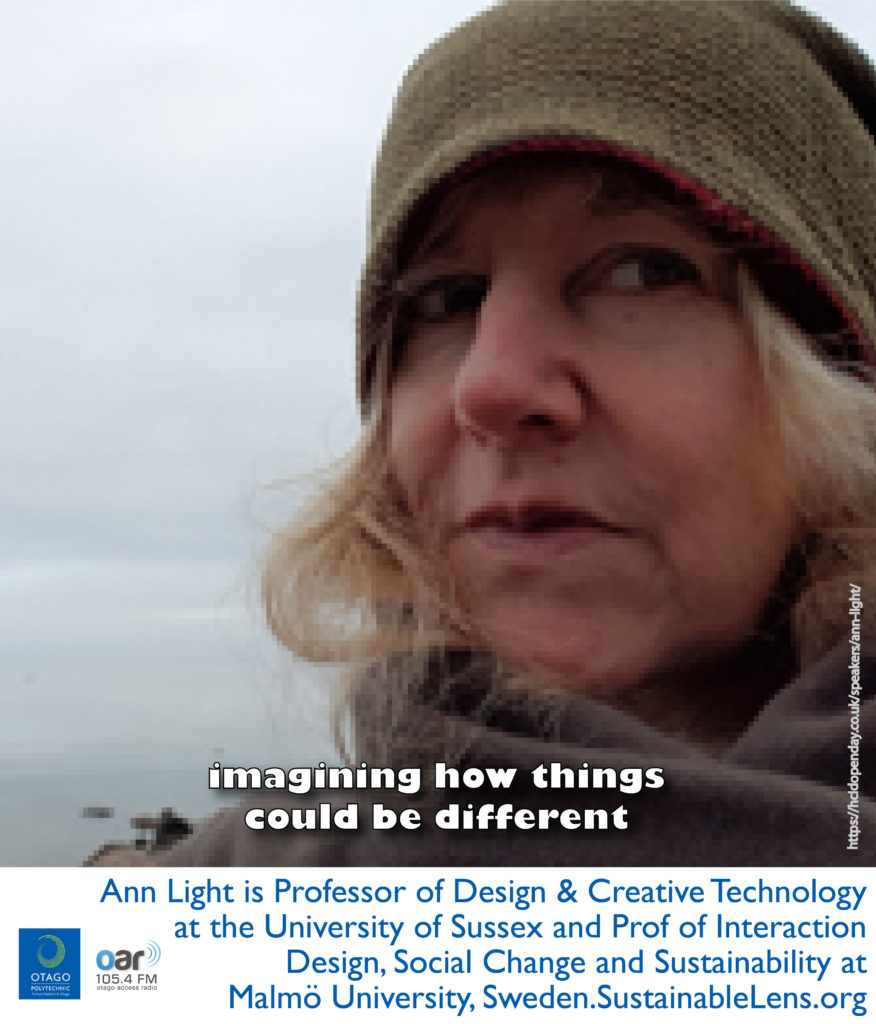
Adrian Friday is Head of Department and Professor of Computing and Sustainability at Lancaster University.
Adrian Friday is Professor of Computing and Sustainability at Lancaster University talking about programmers power to create responsibly.
I loved creating new things
Vision for future
(Can computing save the world?) Computing has a role to play – it helps us understand the world.
Creating better systems
I think you have to be a bit of a party-pooper. Our business models and the way we chose to run society, the way those businesses run that want to see more demand..and as society I think we have to hold that to account. As scientists it is our responsibility to say ‘hang on a second, we are creating systems that are putting more computers into our homes just so you can switch the lights on, with an extra energy footprint, extra resource footprint’ and I think it is our responsibility to try and highlight that these are design elements that are not currently factored into our processes.
Technology is innately situated in the world –
There’s a perception that green technology will save us…because it is more efficient it is more sustainable…but I personally don’t believe that the future is more of the same.
There’s a community who care about the impact technology is having on the world and on people
Programming superpower to try to save the planet
We’ve got a bit hooked on new stuff, more convenience.
Socioecological systems…look at where people’s lives have impact
On demand shopping… how (in)efficient is that? And what of the social impact? If we just look at the movement, that’s a traditional computer science problem (travelling salesman), but when you add in the social, we have to talk with other people
(Is computing sustainable?) It’s on an unsustainable trajectory.
Unsustainable computing, we’re locked into cycles of updates. We’ve created an expectation of updates – people aren’t happy with keeping things the same.
How do we create systems of longevity? – that we want things to last?
We’re very good at design things that are quickly going to be obsolete.
Ubicomp as a scientific lens – computing is throughout the chain, affecting people’s lives in very direct ways – we have to be responsible practitioners.
People are focused on a particular thing – like being a really good computer scientist – they’re not there necessarily to become a sustainable computer scientist. So there’s a challenge in how we communicate that in an engaging way.
Definition: environmental sustainability… energy and carbon impacts…not the business interpretation that is often conflated.
Success: Freight transport projects, walking and hybrid routing problem – hoping that this will change policy – so having a greater impact.
Superpower: computer science, being able to create my vision through the power of programming. It’s one of those tools that lets you create the future, and realise your dreams. It sounds a bit saccharine but you could be passionate about crowdfunding for a charity, or transforming cancer care – you could go out and help people achieve that with your programming superpower. So I’m going to apply my programming superpower to try to save the planet.
Activist: No.
Motivation: Work ethic. I do have a passion for this topic, and that’s a little bit selfless because it’s probably not a career maker if I was to be purely self-centred, but I do think that it is really important.
Challenge: I can speaking to academic audience really well, but there are huge changes, we have to address the climate change emergency, we academics fly too much. We have to have more impact.
Miracle: A global summit about climate change that focuses
Advice: Read Mike Berners-Lee’s book.
There’s this idea that sustainability is about giving things up. But actually sustainability is about valuing the human and doing things differently. If we get it right, we can have quiet roads, less pollution, places for the kids to play, more wildlife…lots of benefits for humankind that we’re not currently realising.
Engage with the impacts., and lobby politicians so that it’s clear that it’s important to you.





